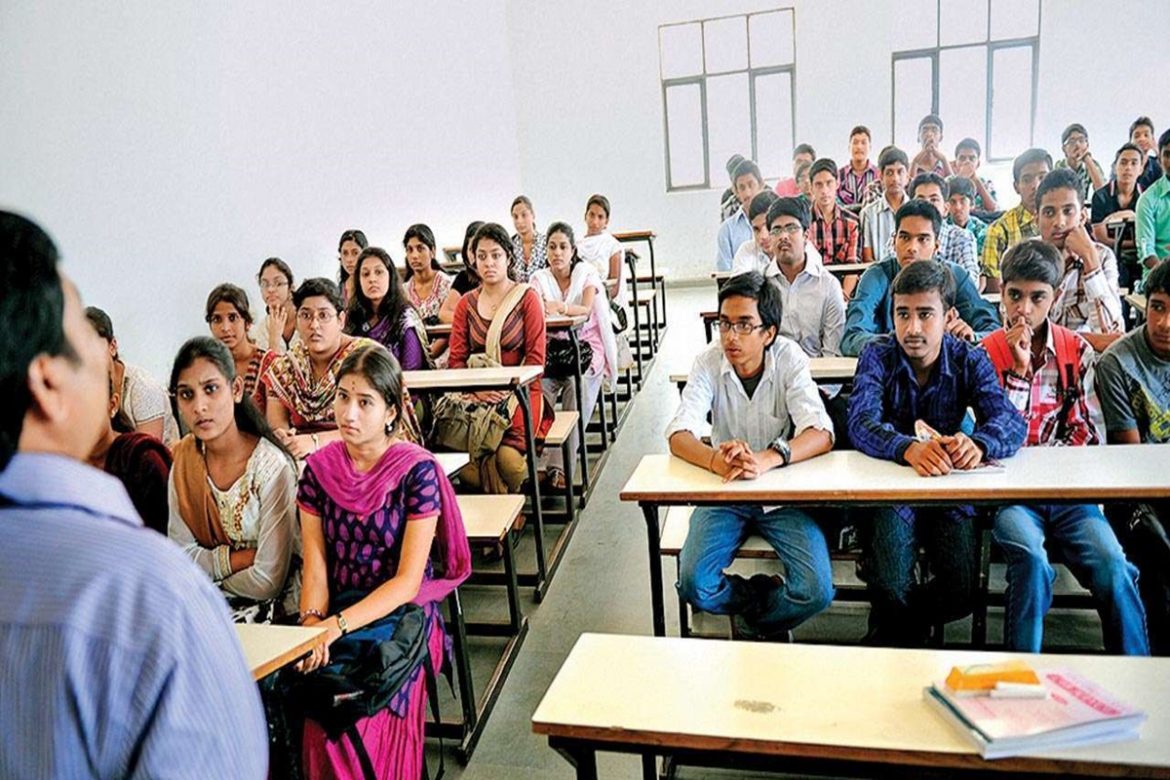The National Council of Educational Research and Training (NCERT) has proposed a new evaluation model for Class 12 board exams. This model would include marks from Classes 9 to 11 and place greater emphasis on vocational and skill-based training. According to the report “Establishing Equivalence across Education Boards,” the new approach would use cumulative performance metrics: 15 percent from Class 9, 20 percent from Class 10, and 25 percent from Class 11.
According to NCERT’s proposal, a student’s performance from Class 9 onwards will be included in their final Class 12 board results. The report, submitted by PARAKH—a regulatory center established by NCERT—to the Ministry of Education in July 2024, advocates for a standardized assessment approach across all educational boards in India.
Following discussions with 32 boards over the past year, the report recommends making vocational and skill-based subjects mandatory. These subjects include Data Management, Coding, Application Development, Artificial Intelligence, Music, Arts, and Crafts. The aim is to promote holistic learning, in line with the National Education Policy 2020 (NEP 2020).
The proposed assessment system will assign specific weightages to marks from different classes: Class 12 results will include 15 percent from Class 9, 20 percent from Class 10, and 25 percent from Class 11, with the remaining 40 percent based on Class 12 performance.
Class 12 evaluation will be divided into formative and summative assessments. Formative assessments will involve self-reflection, student portfolios, teacher evaluations, project execution, and group discussions. Summative assessments will consist of traditional term-end examinations.
The report further outlines how scores should be distributed across classes: in Class 9, 70 percent from formative and 30 percent from summative assessments; in Class 10, a 50-50 split; in Class 11, 40 percent from formative and 60 percent from summative assessments; and in Class 12, 30 percent from formative and 70 percent from summative assessments.



